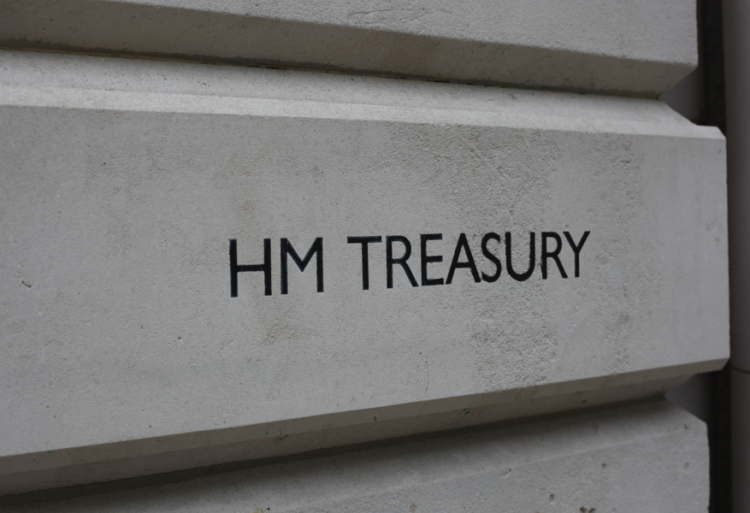The pensions industry expressed relief that the chancellor decided not to change how much cash people can withdraw from pensions tax-free.
Prior to yesterday’s Budget there had been speculation that tax-free pension withdrawals would be limited to £100,000, which would have significantly reduced the tax benefit for people with larger pension pots.
But Rachel Reeves chose to leave current rules in place.
Tax-free 25% remains
This means most people can continue to withdraw up to 25 percent of their DC pension tax-free from the age of 55, up to a maximum of £268,275. This cash limit was imposed last year when the then chancellor Jeremy Hunt withdrew the lifetime limit on pension plans.
Hargreaves Lansdown head of retirement analysis Helen Morrissey said: “The chancellor’s decision not to tinker with tax free cash has been greeted with a huge sigh of relief. This is a hugely popular part of the pensions system and any move to reduce it would have severely undermined people’s trust.”
Drawdown account caution
But Morrissey said that pre-Budget speculation that Reeves would restrict tax-free withdrawals led some people to crystallise tax-free sums ahead of this budget.
She said: “Anyone who took their money from their pension but wishes to reinvest it should consider this carefully. Those who have only recently opened a drawdown account could be able to reverse their decision. But there’s the potential to breach recycling rules aimed at preventing people exploiting the system for extra tax relief and be clobbered with a fine.”
Mike Ambery, Standard Life retirement savings director, said: “The ability to take 25 percent of a pension pot tax free is one of the most loved and best understood features of the UK pensions system and has been spared any change.
“Ahead of the Budget there was a rush of savers looking to access their cash to avoid a possible cut in the allowance. For those who did so, the question now is what to do with this money. For those with no immediate need to use it, finding a home for the money where it will at the very least keep pace with inflation or offer some potential for growth is important.
“When it comes to their pension itself, people should be aware that any further withdrawals will be taxed at their marginal tax rate and that future contributions into their pension will be subject to the Money Purchase Annual Allowance if they make withdrawals beyond their tax free cash, which reduces the amount they are able to pay into their pension to £10,000 a year.”
Planning outcry averted
Steven Cameron, pensions director at Aegon, said: “Those who’ve built up substantial pension pots will be relieved that the Chancellor didn’t introduce new limits on tax-free lump sums.
“Many individuals will have planned their retirement finances on the assumption they could take 25 percent on their full fund as a tax-free lump sum. Being stopped from doing so would have caused an outcry.
“When saving in a pension, your funds can’t be accessed until age 55, increasing to 57 in 2028. People deserve tax incentives in return for putting away money today to provide for a retirement which could be decades away. Restricting a much-loved tax perk might have made pension savings look less attractive at a time when many – if not most – people are not saving enough for a comfortable retirement.”












